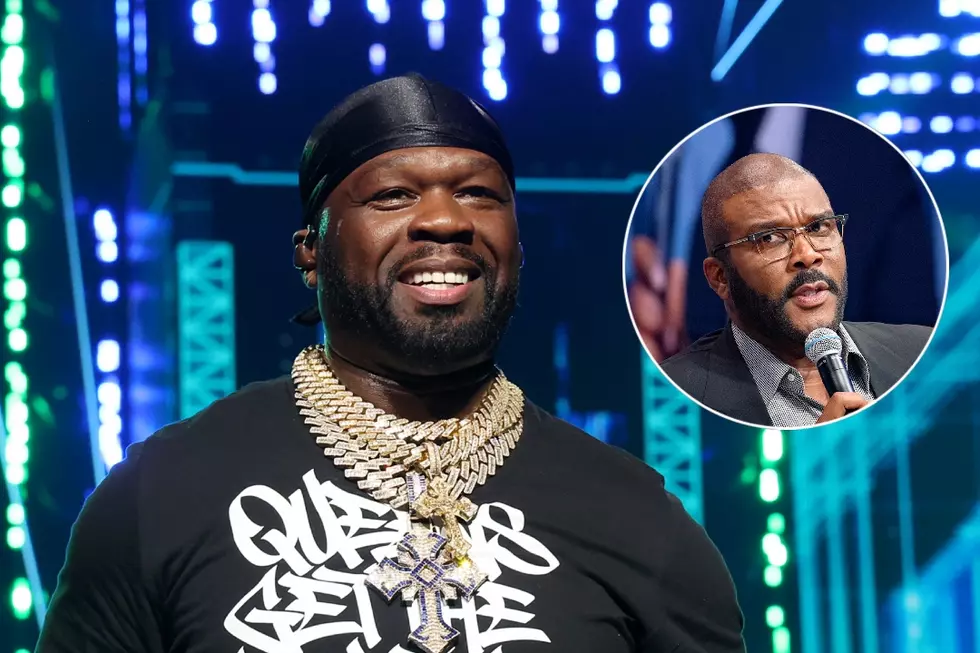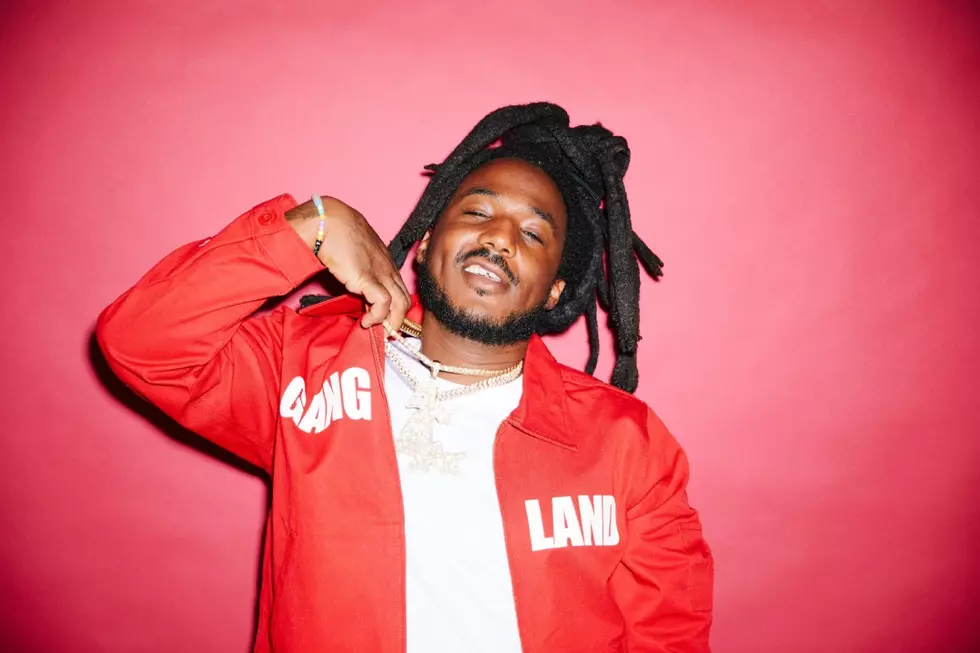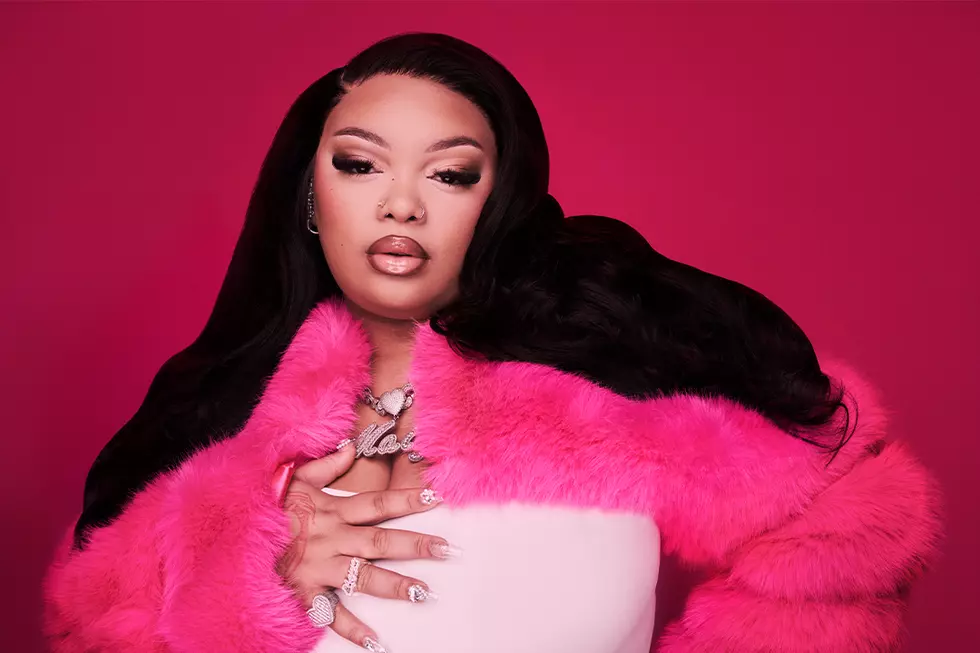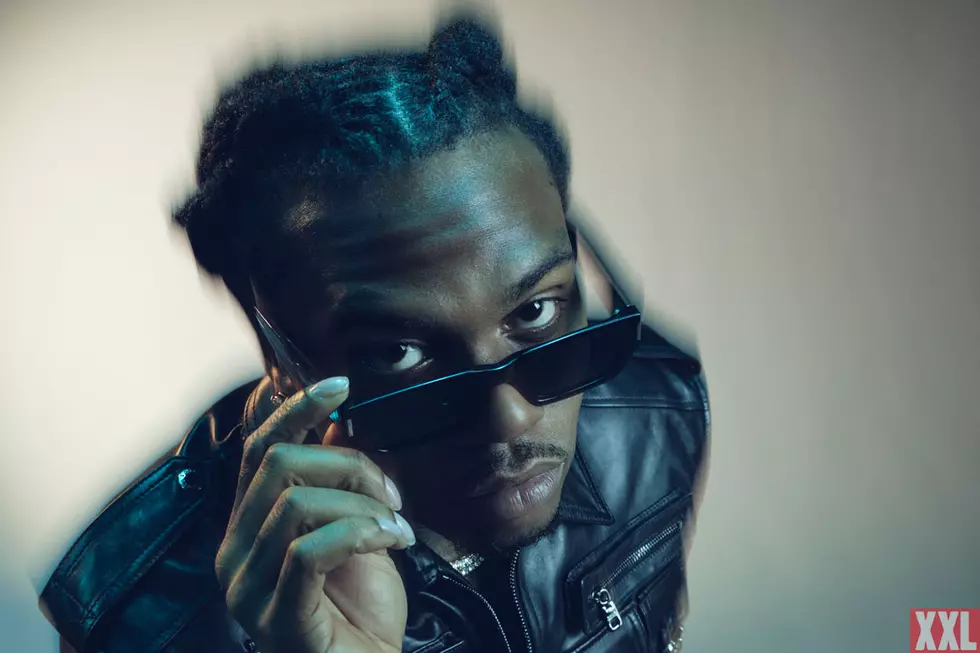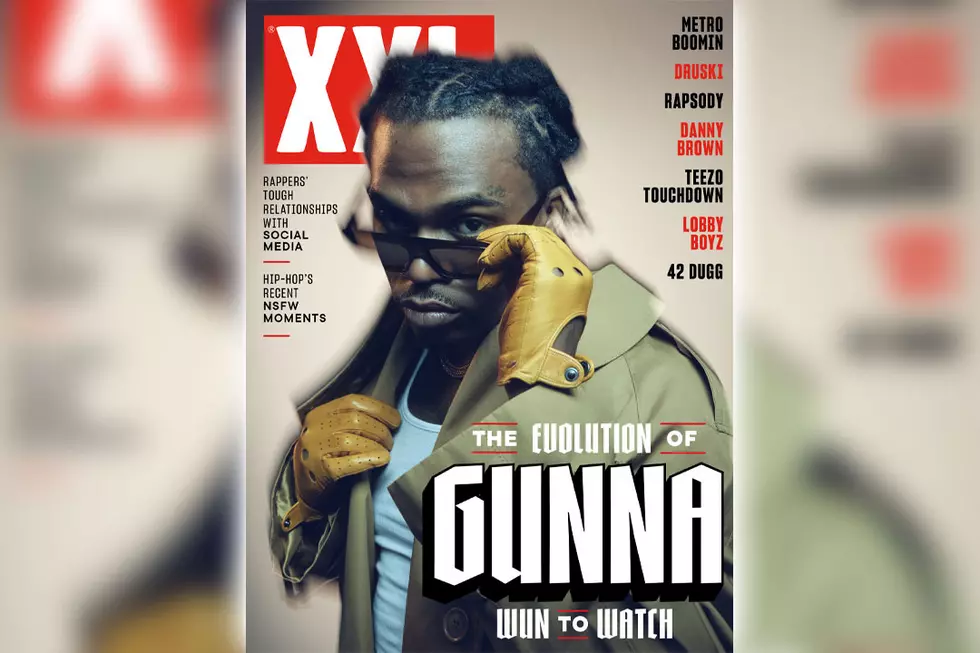
Fabolous: “New York Is Coming Full Circle”
Fabolous has been hard at work over the last four years, releasing a string of mixtapes, readying his sixth studio album Loso's Way 2: Rise To Power (tentatively set for a late August release), and reveling in the experience of becoming a first-time father. More than a decade after the release of his debut Ghetto Fabolous in 2001, the Brooklyn-bred rapper has also found himself with a new moniker: veteran. Things have changed in the rap game in the past twelve years, a reality that Fab is quick to recognize and acknowledged while putting together his new album. "The sound changes," he says. "We're kinda in a ratchet, 'turn-up' era of hip-hop right now. Not to say that I wanted to make my music that sound, but at the same time I have to make music that can compete and fit in on radio or in the clubs."
From the New York-centric days of his come-up to the Southern re-emergence of the last half-decade to the the new crop of talent emerging from the Big Apple now, Fabolous spoke to XXL about how the game has changed since the days when G-Unit ran the show, how Lil Jon broke down the door for Southern rappers in New York City, and how New York has finally come full circle.—Dan Rys (@danrys)
"As somebody whose been in the game as long as me, I've seen different sound changes and what's successful and what works, I've seen that change a few times. A lot of the young guys, they can just come out with their style, and then you can be in the game for four years, five years, and it changes a little bit. In 2003, 50 Cent was the biggest artist in the game and he was selling more of a gangster, aggressive approach to hip-hop. It was melodic, but it was definitely aggressive; he was wearing a bullet-proof vest, and you don't really see that as much [today]. You don't really see, in the top artists in the game, anybody doing that aggressive content in their music. So that should just show you how far it's changed in ten years. It's just a different time. Now it's molly's and smoking weed in the forefront. You gotta be able to adapt. You don't gotta go out there and pop mollys and [do] what's going on, but you still have to adapt. That's part of the challenge.
"New York is coming back full circle. One thing about hip-hop, one of the reasons why it was always dope, was that it was diverse. It catered to different ears. So I don't think all New York music needs to be Joey Bada$$ or Action Bronson-based. There's French Montana, there's A$AP Rocky, even though they're not as new as those other guys, or maybe they've had a little bit more mainstream success.
"But I think there's lanes, there's different lanes that need to be in New York music, and I think our sound got a little isolated because, if you look at New York, it's kind of a city in its own. For a long time we misjudged that because we dictated the music that went on everywhere else. Once the South and the Midwest and these other places emerged—it used to be just East Coast/West Coast, and the South had their market, but it wasn't the popular brand. Now they got popular, and they've started to dictate the sound. Atlanta, Miami, Texas, they started [to] dictate the sound for the states around them, and it was really relatable because Southern cities are more like other Southern cities than New York anyway. Texas is more like Atlanta than it is like New York. They have their differences of course, but the South is more similar in general than it is to the city [New York]. So I think we were isolated in that sound, and after the emergence of those other sounds, we kind of came onto the backburner a little bit.
"I think over time, New York lost that sound, too, because of the generation and the changing sound of the music. That's why we have a French Montana, who people say raps over South beats and has a Southern kind of flow, and he'll tell you himself, because that's the way the music has went over time. Ten years ago, five years ago it wasn't that heavy. But now up here you hear Atlanta records, you hear Miami records, Texas records, all that in New York, whereas five to seven years ago you never heard any of that. I remember I was shocked the first time I heard Lil Jon's "Bia' Bia'" on Hot 97. That was the breakthrough record right there. Let it be known that Lil Jon broke the door down for the South here in New York, because that was the first record I heard that was in continuous rotation in New York that was a South record. From there, they were beatin' down the door. And it's the sound of music, and people accepted it and partied to it, and everything.
"But I think we have to continue to do our sound as well and represent our music. There's still people who, from all walks of life and different countries and everything, people who like that New York sound. I don't like when people just say, 'You have to make New York rap.' I'm proud of my city and I represent my city as well, but I'm not making these, 'We Are The World, New York' records that try to say 'New York is back.' Nah, man. Each artist on their own, they have to make records that can compete with what's going on with the rest of the music game, not just waving the New York flag. So you definitely have to represent your city, man, where you from, but I always just stick to making music that I can play in any lane. Sometimes you're gonna make records that are more regional, or more catered to something else, but you can't please everybody. I think New York has to make sure that they just make good music. Let's start there first, and then we can worry about a certain sound."
More From XXL
